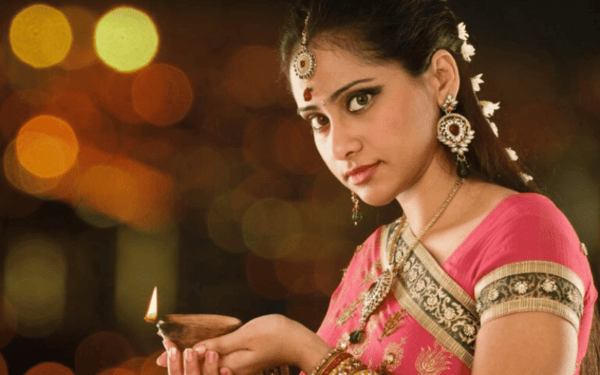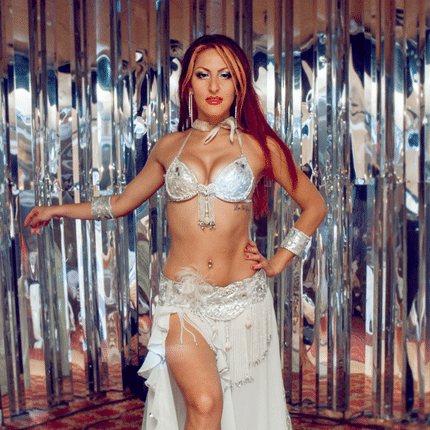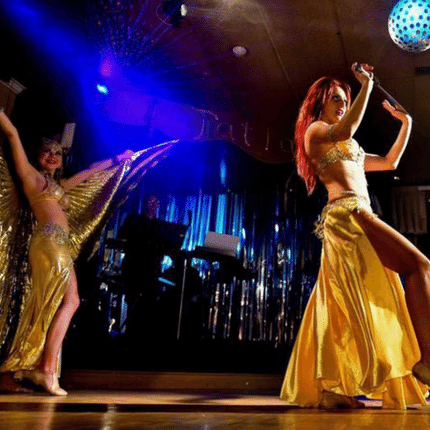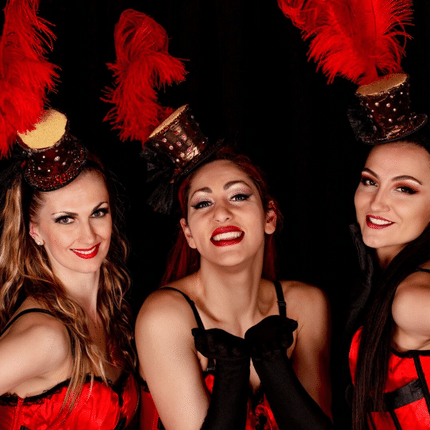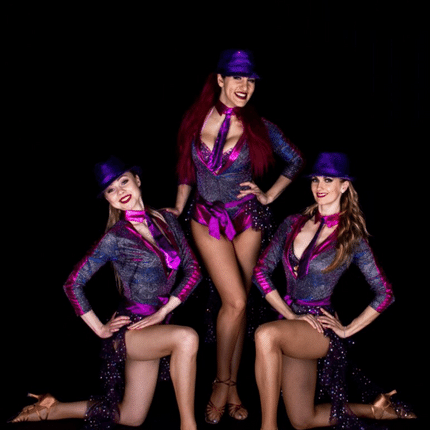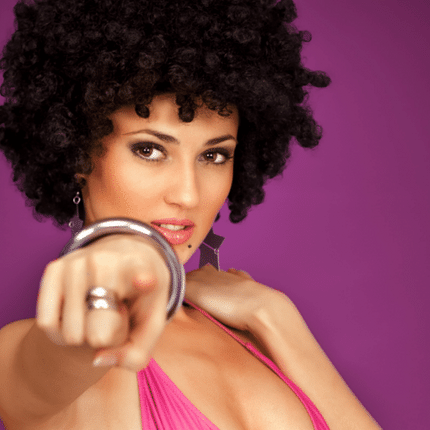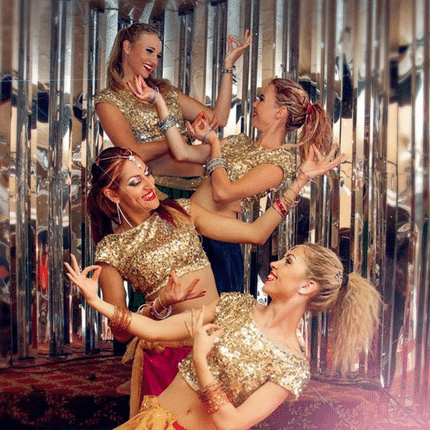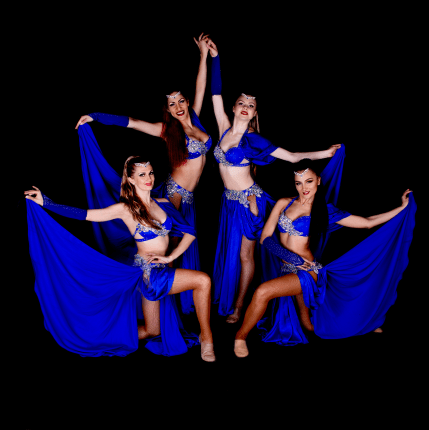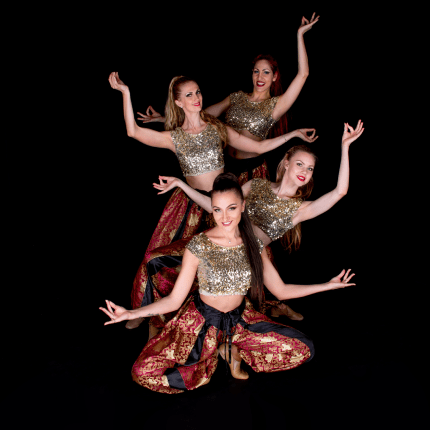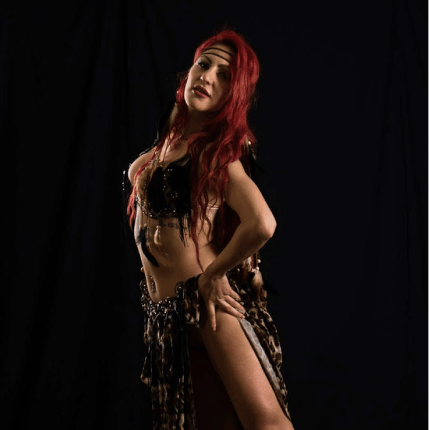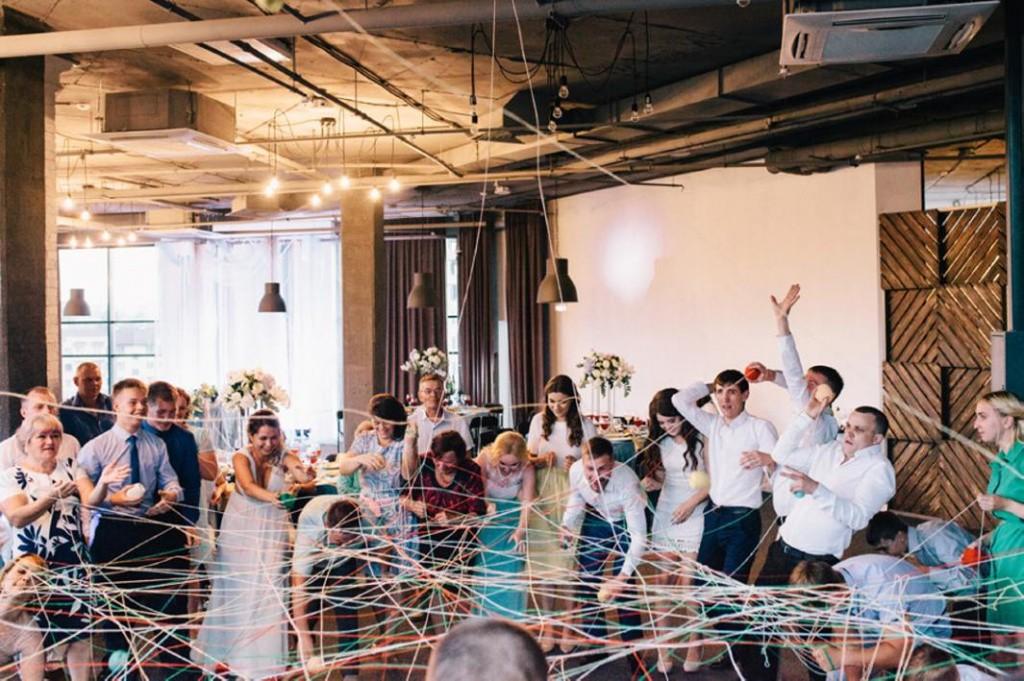Diwali (Deepavali) is one of the biggest Hindu festivals celebrated everywhere in the world, where there are Indian communities. The holiday is celebrated five days in a row; the 3rd day is considered the most important – it is at this time that the Festival of Lights takes place.
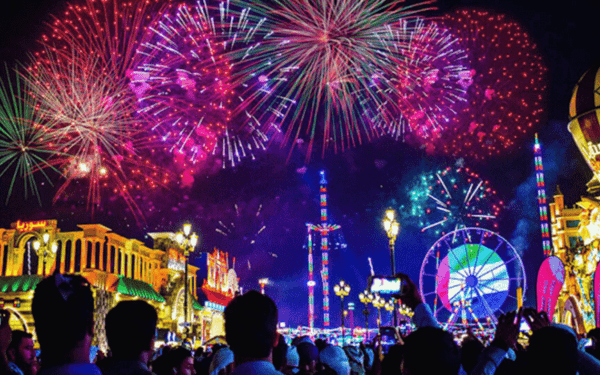
During Divali, people arrange traditional Deepa lamps and candles around their homes to attract the goddess of wealth and prosperity, Lakshmi. Deepavali is often compared to Christmas.
Meaning
Diwali’s history is full of legends, most of which relate to Hindu religious scriptures. But the main idea of the legends symbolizes the victory of good over evil. Deepavali also marks the end of the rainy season and the beginning of winter. Farmers completed their harvest, and merchants were preparing for long journeys. During this period, Lakshmi’s worship of the goddess of abundance, wealth and prosperity becomes essential.
Lighting the lights on Diwali in India is of great importance. For Hindus, darkness represents ignorance, and light is a metaphor for knowledge. The light reveals the beauty of the world. And in most religions, light is a symbol of any positive experience. Thus, all the negative forces are carried out through the kindling of fires: deceit, violence, lust, anger, envy, hypocrisy, fear, injustice, oppression and suffering. Lighting a lamp is a form of god worship to achieve health, wealth, knowledge, peace, valour and glory.
Five days of Diwali:
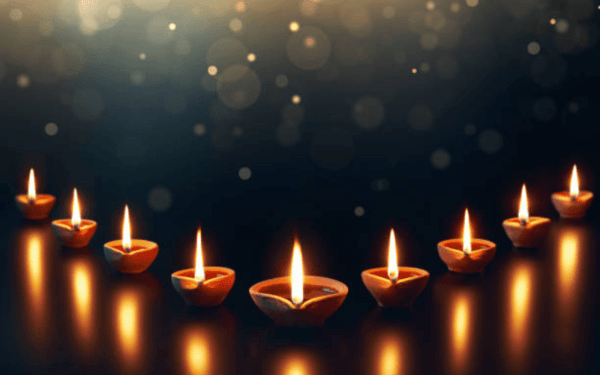
HIRE FEMALE DANCERS: INCREDIBLE ENTERTAINMENT
Day 1: Dhanteras (Hindi: धनतेरस), also known as Dhanatrayodashi (Sanskrit: धनत्रयोदशी), is the first day that marks the festival of Diwali in India.
On this day, the god Dhanvantari was born from the ocean to bring knowledge of Ayurveda to humanity. At sunset, Hindus should bathe and offer a lighted lamp with Prasad to the god Yamaraja, the lord of Death, and pray for protection from premature Death. This ritual is performed near the Tulasi tree or another sacred tree that grows in the yard. On this day, it is customary to buy jewelry and dishes.
2nd day: Narak Chaturdashi (Choti Diwali)
On the second day, they celebrate the victory of the god Krishna over the demon Narakasura and the world’s liberation from fear. This is the day when fireworks display. According to the shastras, the Diya lamp should not be lit on this day. But some people still mistakenly believe that Diya should always burn before Deepavali.
Day 3: Diwali – Lakshmi Puja
Day 3 is the most important day of the festival Diwali. Mother Lakshmi is worshiped on this day. The house must be perfectly cleaned, as Goddess Lakshmi is on a journey to visit every home and loves cleanliness, and on this day, she will see the cleanest place first. Lanterns and lamps are lit in the evening to attract the goddess and illuminate her path. The sounds of bells and drums can be heard from the temples. Fireworks are launched in the evening.
4th day: Govardhan Puja
The fourth day of the holiday is the worship of Govardhan Hill and King Bali Maharaja. On this day, Lord Krishna raised the Govardhan Parvat to protect the people of Gokul from the wrath of Indra, and the day that King Vikramaditya was crowned. In the temples, the deities are given a milk bath and dressed in brilliant robes with sparkling diamonds, pearls, rubies and other precious stones. Then sweets are offered to the Gods, and prasad is offered to those who come.
Day 5: People celebrate Bhai Dooj or Yama Dwitiya, on the Dwitiya Tithi
The last day of Diwali Is dedicated to the love between brothers and sisters. Sisters cook for their brothers and pray for their long life, and brothers bless their sisters and give them gifts.
